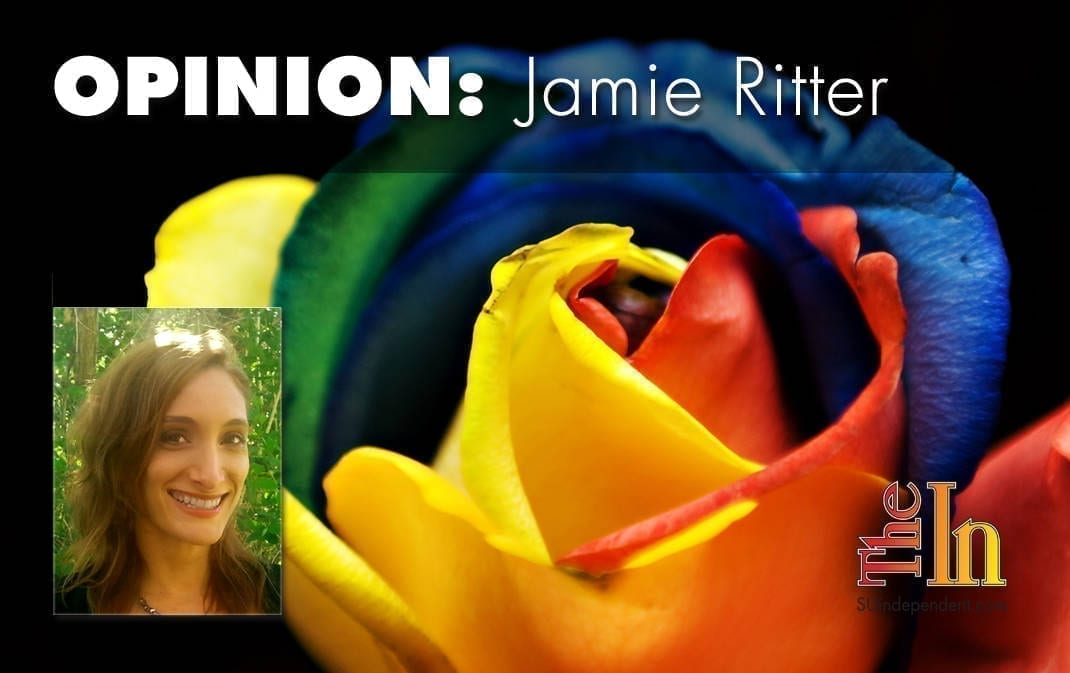
My Facebook feed over the last several weeks has been a deluge of both sorrow and fury, with recent events igniting topics of rape culture, hate crimes, LGBT rights, “terrorism,” and every shade in between. Additionally, with the upcoming election, candidates have been using these calamities to both promote their agendas as well as attack each other. From the whirlwind of disconcerting posts about Brock Turner not only raping a woman but practically being given a “get out of jail free card” merely because of his affluent background to the Orlando LGBT massacre and all the polarized politics surrounding it — my heart and head have been reeling.

Both of these tragedies hit very close to home for me. Perhaps that’s why I feel so compelled to address them despite being among millions of others bellowing in futility. Growing up in America, rape culture affects each and every woman. Whether you are one of the rare women who have been lucky enough to live their lives with only experiencing minimal harassment or you are one of the 1 in 5 who becomes a rape victim, all females must live with the fear — and too often, the aftermath — of such abuses.
I became one of those statistics and was inducted into the Rape Hall of Fame when I was teenager, as were many of my friends. And as anyone who has been through that trauma knows, the detrimental effects are severe and lasting. So when I hear minimizing “blame the victim” statements, like “She was inebriated,” as a defense and find out about the special treatment Turner received from the justice system, my entire body shudders.
As for the heinous attack in Orlando against the LGBT community, when I say that it hits close to home, that is literally what I mean. Up until three years ago when I moved to southern Utah, Florida was my home. I grew up in Miami and as a child spent most summers in Orlando with family who live there.
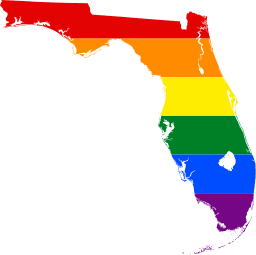
The LGBT community in both Orlando and South Florida is not only massive but it is widely accepted and supported. I have several close friends and associates who identify as LGBT, as do my family members. As varied as this group is, I am not alone in proclaiming that LGBT individuals are some of the kindest and most amazing people.
So when I saw the news of the Orlando shootings, I felt a surge of anguish, realizing not only that many beautiful souls needlessly lost their lives but also that there was a chance that someone I knew was one of them. Although that turned out not to be the case, there nonetheless continues to be a profound spiritual aching for those who died as well as for the survivors and loved ones still floundering in the wake.
The common thread I find when reflecting on the Turner rape case and the recent Orlando LGBT hate crime is that both of these horrific incidences happened to two very vulnerable and marginalized groups. Like the majority of such violent acts, they were both also performed by men raised within a society that cultivates aggression.
Moving to southern Utah, where the oppression against women and the LGBT community is on steroids, has only served to magnify the salience of such subjugation. Propagated mostly by Utah Mormon ideologies, rape culture and discrimination are so deeply embedded into the societal mores here that at times I wonder if misogyny and bigotry have just become genetically ingrained.
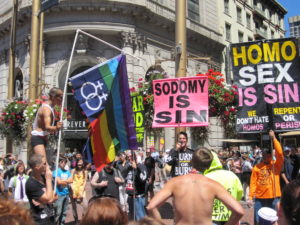
Hearing horror stories from southern Utah natives about sexual, physical, and emotional violence against both heterosexual women and those of the LGBT community has opened my eyes not only to how pervasive these violations in our country can be but to how a religiously incestuous state government can protect and support such atrocities in the name of their god.
While the Turner and Orlando LGBT brutality discussed in this piece have acquired global coverage, billions of violent acts are constantly occurring beneath the radar. Among the overwhelming content on social media outlets, the silver linings I have found from these tragedies are that the issues surrounding them are being thoroughly debated on a far-reaching, viral level. Similarly, action initiatives and proposed solutions are spreading like bursts of rainbow-colored wildflowers.
A feminist friend living here in southern Utah posted an article by Nora Samaran that I found particularly enlightening: “The Opposite of Rape Culture is Nurturance Culture.” While the critique focused on rape culture, many of the concepts could just as well be applied to hate crimes and other injustices.
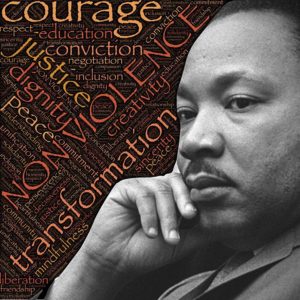
In nutshell, Samaran maintains that in order for men to stop enacting violence, they must be able to cultivate nurturance both towards themselves and others. Unfortunately, men are rarely taught this and instead are sent the message that they are supposed to be tough and aggressive, ultimately denying their own emotional needs. Samaran goes into much more detail in her analysis, so I highly recommend reading her words in their entirety.
At the end of the day, while the majority of the nation was at least temporarily affected by these publicized transgressions, what we choose to do in response is what matters most. Particularly in southern Utah, the need for reform in regards to the protection of women and the LGBT community is vast. But regardless of where you live, if you feel the cognitive dissonance grating against what you believe to be honorable, don’t just let the desensitization settle back in. Whether it’s within your own family unit or in the community at large, these events are calls for compassionate action.





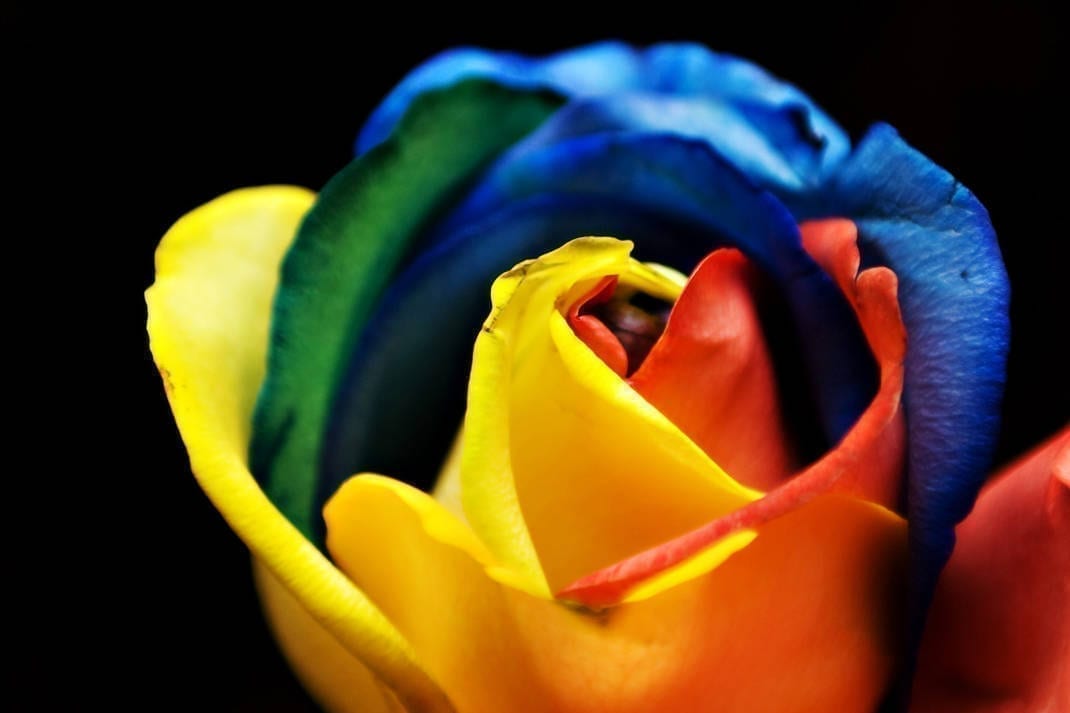
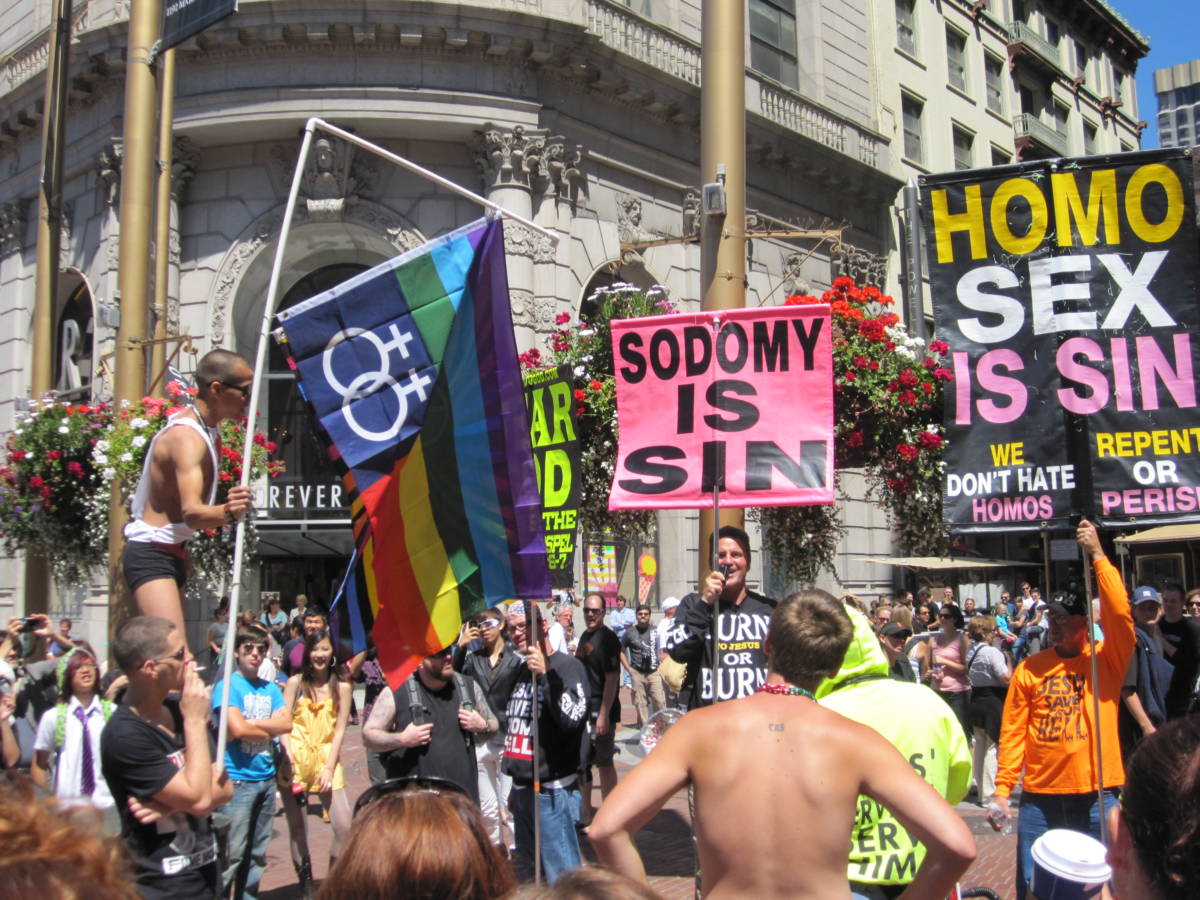
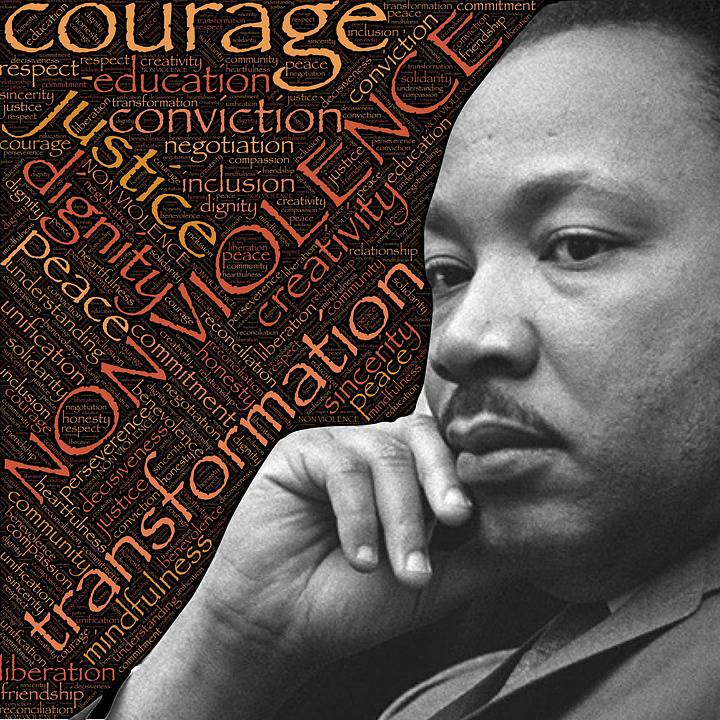



“Propagated mostly by Utah Mormon ideologies, rape culture and discrimination are so deeply embedded into the societal mores here that at times I wonder if misogyny and bigotry have just become genetically ingrained.”
Mormon men have a significantly lower rate of raping than pretty much any other group in America (possibly only the Amish or Mennonites can show lower numbers). While they don’t usually agree with the LGBT community, violence against them by Mormons is also rare. What they are is outspoken against people challenging their “standards” but that does not equate to violence. There are definitely a few bad apples as well.